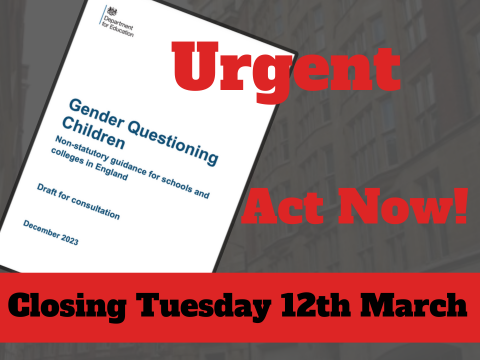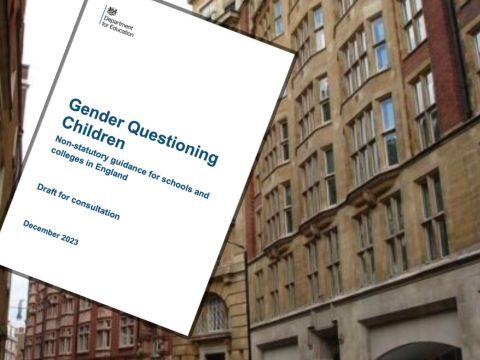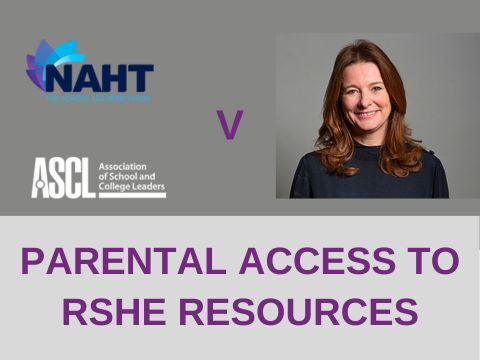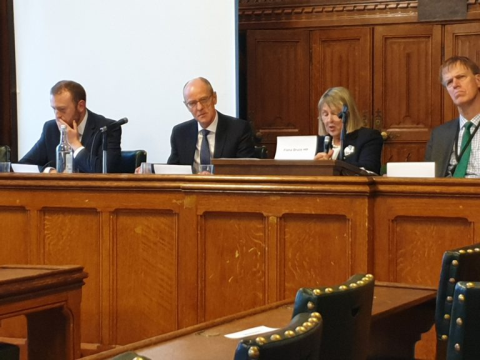

Relationships and Sex Education discussed in Parliament


The All Party Parliamentary Group on Faith & Society convened by Fiona Bruce MP and Stephen Timms MP, met on 16 July in the House of Commons to consider “Promoting Positive Outcomes in Religious Education (RE) and Relationships and Sex Education (RSE)”.
The Statutory Instrument for the new rules on RSE was passed on 6 May, and the Statutory Guidance of over 50 pages was approved on 26 June. The proposed changes have already met with fierce criticism and opposition.
The withdrawal of children from classes in predominantly Muslim schools in Birmingham is the best known. There have been considerable protests from the Jewish Orthodox Community whose Primary Schools were marked down by Ofsted for not teaching children about transgender issues (for example Vishnitz School in North London).
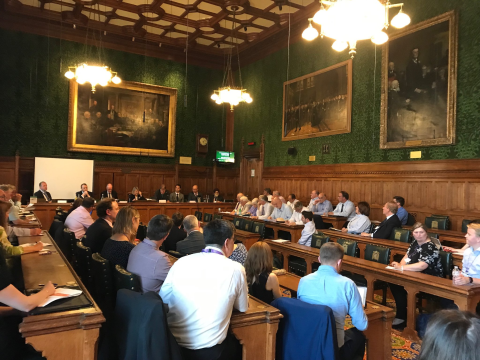

Minister of State for School Standards, Nick Gibb, attended the meeting. With him on the panel, which received questions submitted beforehand and from the floor, was Chris Jones, Head of Corporate Strategy at Ofsted, David Burrows (ex MP), Executive Director of Strengthening Families Manifesto, and two head teachers of schools who gave examples of multi-faith schooling that brought together children of various faiths in joint lessons.
One testimony explained how the shared aspects from scripture across the Abrahamic faiths – Christianity, Islam and Judaism – allowed children of different faiths to appreciate common ground as well as differences. This was in the context of a staff room where common prayer was a feature.
A question from the floor noted that the actual experience of teaching RE was relatively shallow and described as “tick-box”. The Ofsted Director in reply seemed to imply that not fulfilling all requirements on RE would not always necessarily fail an inspection. This point was also picked up as to the new RSE regulations.
RSE provoked the sharpest encounters and raised fundamental issues about religious freedom and parental rights.
The Minister stated that the Church of England, the Catholic Education Service and the Jewish Board of Deputies had all been involved in drafting the new RSE laws so there was no need for the concerns and protests seen recently.
The meeting followed the Panorama programme on 15 July, that asked “Should LGBT be taught in Primary Schools?” This showed the extent of protest round the country, including the Schoolgate Campaign that provides leaflets to parents on their rights under the law.


Critics say that Paragraph 75 of the new RSE regulations, which states clearly that “healthy and stable same-sex relationships” should be taught at some stage to all children, ‘requires parents and teachers to be unfaithful’ to their God.
Nick Gibb vehemently wagged his finger to say this would have to be done.
There appears no immediate resolution of this conflict. The Ministry seems unwilling to tolerate any consideration of orthodox views.
The Government’s eagerness to promote the acceptance via schools of LGBT relationships may be seen in years to come to have sown a wind of religious insult and outrage that as a result will reap a whirlwind of religious resistance.
E J Matyjaszek
Principal of the Priory School of Our Lady of Walsingham
First published in Church of England Newspaper


